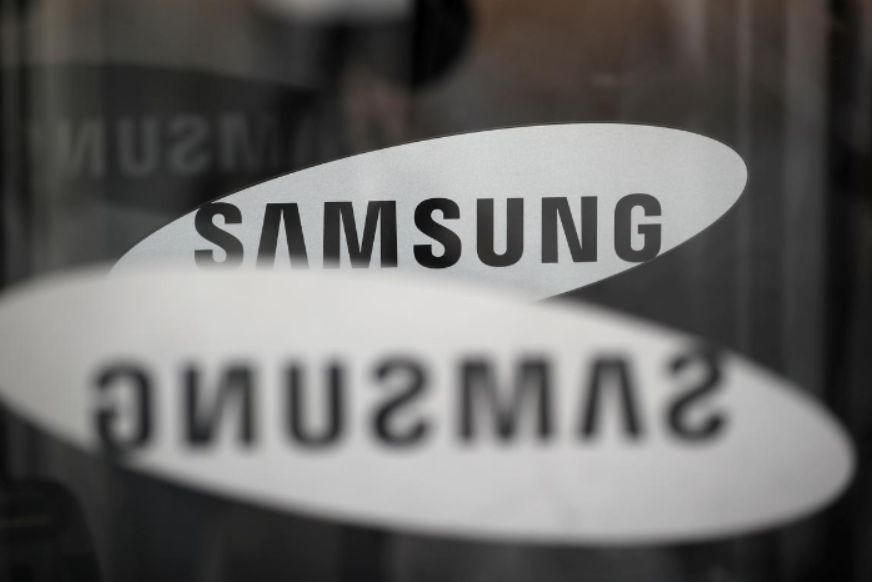South Korean chipmakers are hitting a dead end in their quest to find alternatives for key Japanese materials that have been slapped with export restrictions, raising the prospect of major disruption to their operations in the coming months, reports Trend referring to Reuters.
Japan is now requiring special approval for sales of three high-tech materials, including two that are critical for chipmaking, to South Korea amid a deepening diplomatic dispute over compensation for forced labor during World War II.
South Korea-bound exports of the materials, including hydrogen fluoride gas and chemicals known as photoresists, now require government approval. No approvals have been granted since the dispute broke in early July, South Korean industry sources said.
“Japan is slowly strangling our neck”, one senior official at a major South Korean major chipmaker told Reuters, requesting anonymity due to the sensitivity of the matter.
South Korean chipmakers have been plotting workarounds, such as seeking supplies directly from factories in China or Taiwan owned by their Japanese suppliers, but government officials this week warned them not to go that route.
At a closed-door meeting on Monday, South Korea’s chip industry group handed out government guidelines to its members, including Samsung Electronics (005930.KS) and SK Hynix (000660.KS).
The guidance seen by Reuters cautioned that Japanese firms can rightly refuse to ship the materials from third countries, and that any efforts to bypass restrictions could subject both chipmakers and suppliers to broader international trade sanctions.
“Simply put, don’t sweat over importing Japanese materials,” said one official at the Korea Strategic Trade Institute who is not authorized to speak to media.






